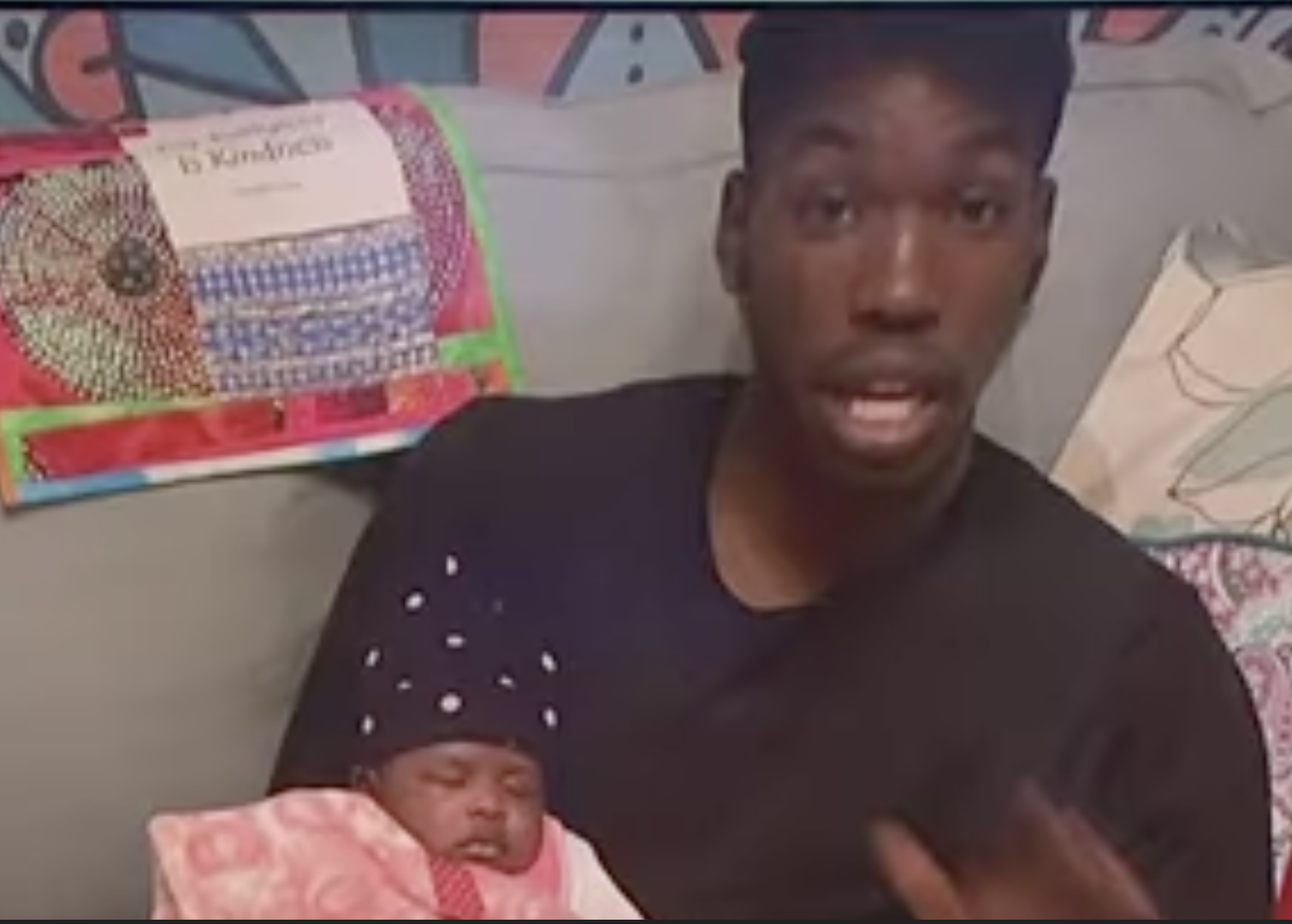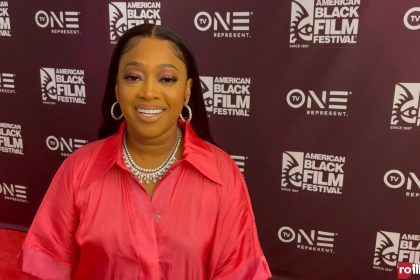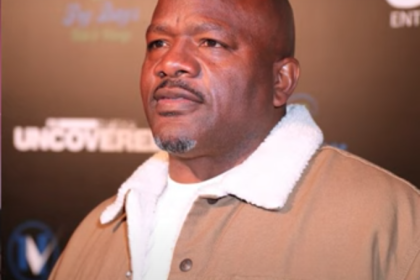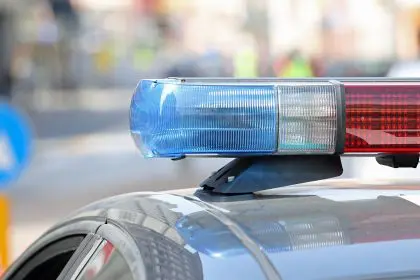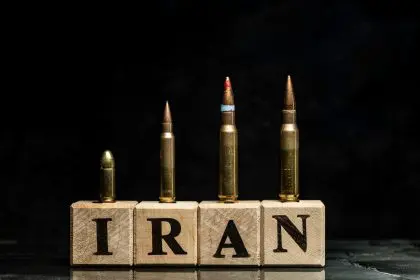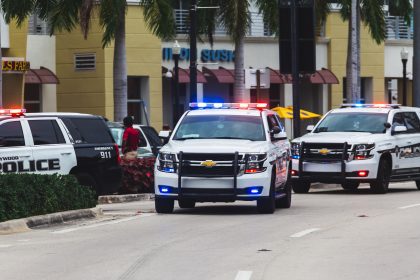In a significant legal development, two former Washington, D.C. police officers have been sentenced for their involvement in a tragic incident that resulted in the death of a young Black man, Karon Hylton-Brown, in 2020. The case has not only highlighted issues of police accountability but also reignited discussions about systemic racism and the relationship between law enforcement and the Black community.
Background of the Incident
The chase that led to Hylton-Brown’s death occurred on the night of Oct. 23, 2020, in the Brightwood Park neighborhood of D.C. It began when former Metropolitan Police Department officer Terence Sutton pursued Hylton-Brown, who was riding a moped on the sidewalk without a helmet. Sutton, driving an unmarked vehicle, chased Hylton-Brown for three minutes through a 10-block area, while his supervisor, former Lt. Andrew Zabavsky, attempted to intercept him in a marked car.
The pursuit ended tragically when Hylton-Brown collided with a moving vehicle after emerging from an alley. The impact caused severe head injuries, leading to his death two days later. This incident sparked widespread civil unrest, particularly in the wake of heightened tensions following the murder of George Floyd just months earlier.

Legal Consequences for the Officers
Following a nine-week trial, Sutton was convicted of second-degree murder, conspiracy, and obstructing justice, making him the first D.C. police officer to be found guilty of murder for actions taken while on duty. He received a sentence of 5½ years in prison. Zabavsky, who was convicted of conspiracy and obstructing justice but not directly charged with Hylton-Brown’s murder, was sentenced to four years. Both officers have been suspended without pay since their indictment.
After their sentencing, the officers were released on bond pending the outcome of their appeals, a process that could extend for several years. U.S. District Judge Paul L. Friedman expressed that while the officers had exemplary records, their attempts to cover up the details of the pursuit weighed heavily in his sentencing decision.
Public Reaction and Community Impact
The case has drawn significant public attention, particularly from the Black Lives Matter movement and other advocates for police reform. Following the incident, protests erupted outside the 4th District police station, where demonstrators expressed their outrage over the actions of the officers and the systemic issues within law enforcement.
Matthew M. Graves, the U.S. attorney for the District, emphasized the importance of public trust in law enforcement, stating, “Crimes like this erode trust and are a disservice to the community.” The prosecution of Sutton and Zabavsky is part of a broader initiative by the U.S. Attorney’s Office in D.C. to restore confidence in policing, particularly in communities of color.
Statements from the Officers
During the sentencing hearing, both Sutton and Zabavsky expressed remorse for their actions. Sutton stated, “I am sorry for the loss of Karon Hylton-Brown. I never wanted that to happen. All I wanted to do was protect the community.” Zabavsky also conveyed his apologies, acknowledging the weight of the incident on his conscience.
Ongoing Debate and Future Implications
The convictions have sparked a heated debate about police accountability and the treatment of officers in the legal system. Some law enforcement advocates argue that the case against Sutton and Zabavsky was politically motivated and could hinder police actions in the field. This sentiment reflects a broader concern among some in law enforcement about the implications of increased scrutiny and accountability.
As the appeals process unfolds, the case will likely continue to be a focal point in discussions about police reform, systemic racism, and the need for transparency and accountability within law enforcement agencies.
The sentencing of former D.C. officers Terence Sutton and Andrew Zabavsky marks a pivotal moment in the ongoing struggle for justice and accountability in policing. As communities continue to demand change, the outcomes of such cases will play a crucial role in shaping the future of law enforcement and its relationship with the communities it serves.

